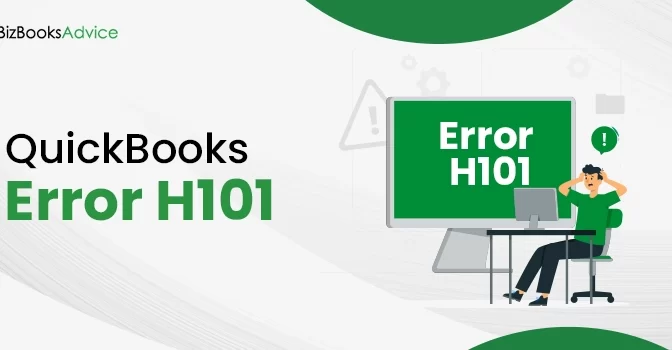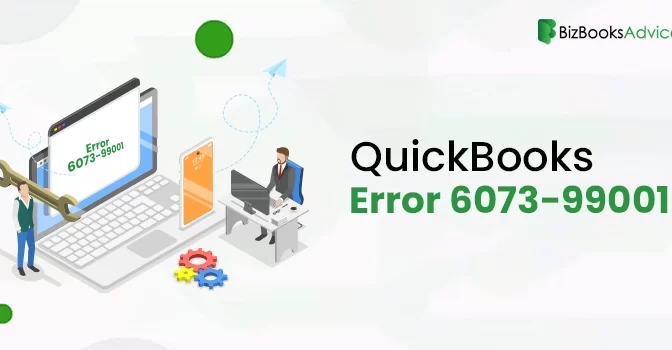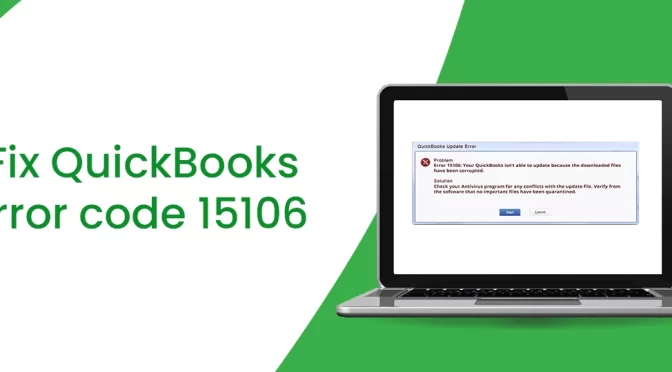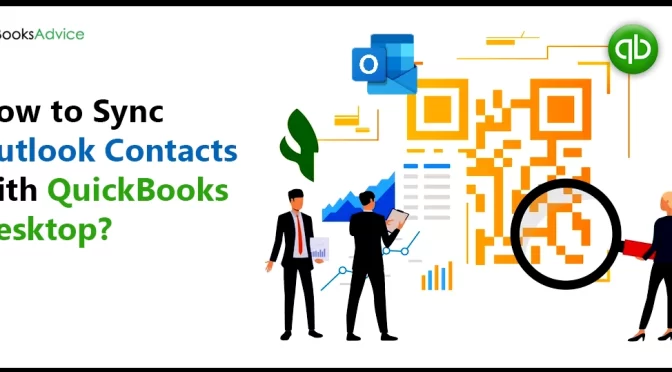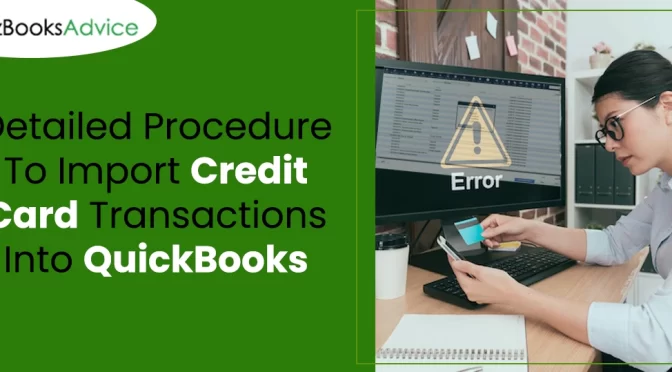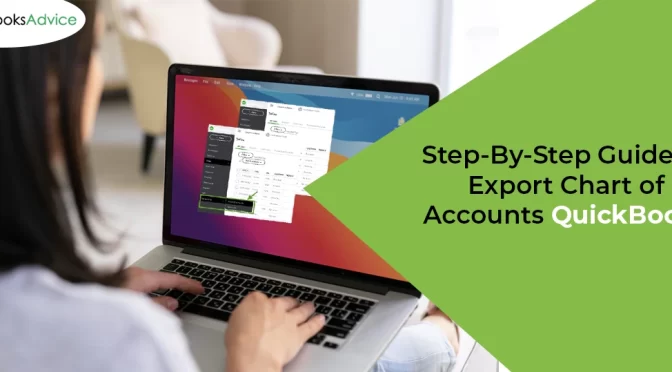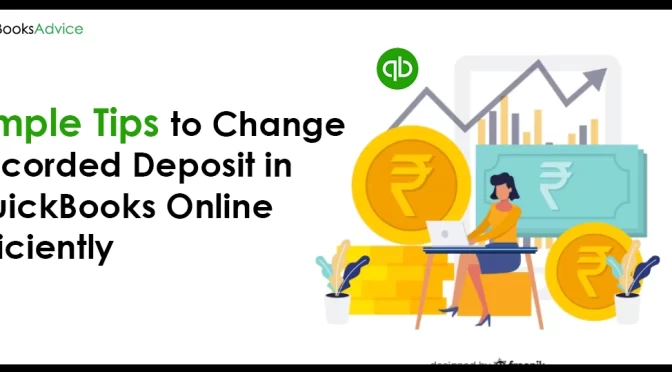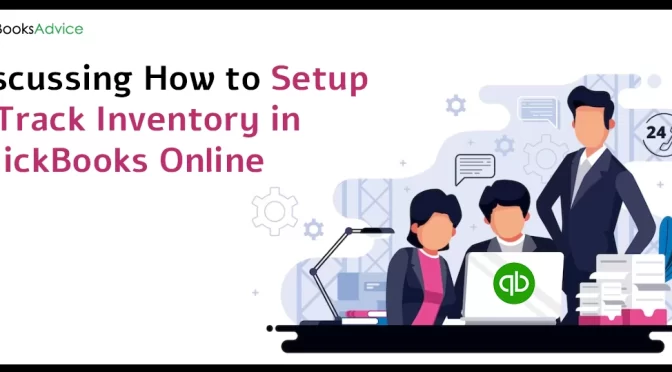Have you ever got stuck while switching to multi-user mode in QuickBooks? The users often experience this problem due to QuickBooks Error H101. This error states that something is interrupting the multi-user connection to the server. Another reason behind this error is incorrect network or configuration.
Consequently, this error prevents the users from working in a multi-user environment. Therefore, it is a must to resolve the error instantly using the fixation methods explained in this post to resume your task seamlessly.
Get in contact with our QuickBooks professional team at 1-844-266-9345 for further help. Dial our helpline number and immediately fix such annoying multi-user errors under professional guidance.
What Exactly Do You Mean By QuickBooks Error H101?
The multi-user mode in QuickBooks lets more than one user work on the same company file simultaneously from different workstations. But, sometimes, the users might face problems accessing the multi-user mode in QuickBooks. Consequently, it gives rise to QuickBooks Error H101. However, the error is caused by numerous reasons, including firewall interruptions, incorrect QuickBooks, and host settings. If you are also struggling with the same error, continue reading further to get this issue resolved without making much effort.
Possible Factors Causing QuickBooks Error Code H101
The following are some prominent factors resulting in the QuickBooks error code H101. Carefully read them out and understand what exactly has established this error in your application.
- Windows Firewall Defender automatically blocks the access of some of the software that may be harmful to the system. So, it can be one of the reasons for facing multi-user access failure.
- You may encounter the QuickBooks multi-user error if the company data file location is inaccessible or the entire path is incorrect.
- Another chance for encountering the QuickBooks error message H101 while switching to the multi-user QuickBooks mode is the misconfigured QuickBooks hosting settings.
- If the QuickBooks services, including QBDBMgrN and QBCFMonitorService are not running on your computer system, you may encounter QuickBooks error code H101.
- In case the IP address of your computer with QuickBooks is incorrect or if the QuickBooks application itself fails to pick up the IP address of your computer, you can face multi-user errors in QuickBooks.
- The incorrect DNS settings are also responsible for multi-user errors such as QuickBooks errors H202, H303, H505, and H101.
- You may face issues while accessing the QuickBooks company file in multi-user mode to the partial or incorrect QuickBooks software setup and installation.
Considerations Before Resolving QuickBooks Desktop Error H101
Before proceeding further to troubleshooting QuickBooks Desktop Error H101, knowing about certain points in your mind is a must.
- First, you must know that the QuickBooks Desktop application must be installed on the server computer.
- Cross-check the network connectivity and verify that all the computers are connected properly to the same network.
- Moreover, you must verify that QuickBooksDBXX and QBCFMonitorService are working appropriately on your device.
- Try disabling the multi-user mode in QuickBooks and then try to launch it again.
- Last but not the least you must check that the hosting is enabled on the server computer.
How do I Fix the H101 Error in QuickBooks?
If you’re finding the easiest troubleshooting methods to remove the error H101 QuickBooks and continue accessing the company file on the multi-user mode, have a look at the section below. We have penned down a few quick methods to fix this issue professionally.
Troubleshooting Solution 1 – Use QuickBooks Database Server Manager Tool
The QuickBooks Tool Hub is the ultimate solution to rectify general QuickBooks errors. From this, you must use and run the QuickBooks Database Server Manager tool and continue removing the annoying QuickBooks multi-user errors.
- Firstly, download and install the QuickBooks Tool Hub from the official Intuit website if you haven’t installed it yet on your system.
- Once you have successfully installed this Tool Hub on your system, continue opening it and navigate to the Network Issues tab.
- In this tab, you will find the QuickBooks Database Server Manager. Select this tool and the correct company file location will be displayed on your screen.

- Hit the Start Scan button, and the QuickBooks Database Server Manager tool will automatically start repairing the Firewall settings of your Windows.
- Once the settings are configured, you will get the required access permissions to work on the QuickBooks company files on all the workstations using QuickBooks multi-user mode.
- After this, hit the Close button and continue to open your QuickBooks desktop, where you have noticed the QuickBooks company file error H101.
- Lastly, move to the company file and switch to the QuickBooks multi-user mode from the single-user mode.
Troubleshooting Solution 2 – Check and Verify the QuickBooks Multi-User Hosting Settings
As mentioned above, the incorrect QuickBooks multi-user hosting settings can primarily cause the QuickBooks error H101. That’s why follow the below directions and configure the settings to remove this irritating error from your QuickBooks application.
- To begin with the verification of the hosting settings, you need first to launch your QuickBooks application on all your workstations.
- After this, navigate to the File tab and continue selecting the Utilities option.
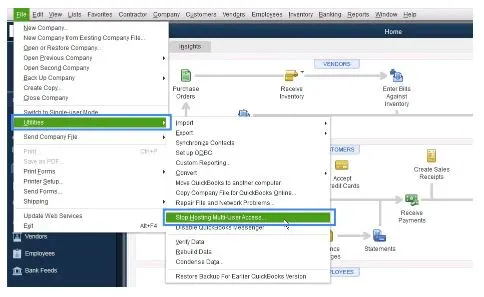
- Now, on each of your computer systems, access the multi-user host. However, if it’s already available on your required workstation system, there is no need to make any changes.
- In this step, set and configure the multi-user access by selecting the Stop Hosting alternative.
- Now, you must repeat all these steps on all the computer systems to implement hassle-free synchronization. However, if you’re still receiving the QuickBooks error H101 message on your screen, move to the next troubleshooting solution.
Related Page: QuickBooks Error QBWC1039
Troubleshooting Solution 3 – Create a New Shared Folder for QuickBooks Company File
We have already discussed that an incorrect company file path or inaccessible location can also bring issues with the QuickBooks multi-user mode. So, follow the given procedure to eliminate such issues.
- Firstly, you’re required to create a new folder for your QuickBooks company file.
- Now, continue sharing it with the required access permissions on the hosting computer.
- In the next step, you must set your Windows with correctly configured settings to allow the shared QuickBooks company files.
- After this, you must copy the. QBW File and paste it to the new file folder that you have just created.
- Finally, open your QuickBooks company files by enabling the QuickBooks multi-user mode.
Troubleshooting Solution 4 – Construct A New Folder Of QuickBooks Data Files
If the above methods don’t help you fix Error Code H101 QuickBooks, then try to prepare a new folder using the steps outlined below.
- To start the process, prepare a new folder for the company files, and then you must share them with the hosting computers.
- Thereon, you must set up Windows to obtain the entry for sharing the data files.
- Proceeding further, the users must copy all the files with the .QBW file extension and then paste them into a newly generated folder.
- Conclude the entire process by verifying that you can open the data file in QuickBooks multi-user mode.
Troubleshooting Solution 5- Cross-Check the QuickBooks Services On the Server
If there are any problems while running the QuickBooks services like QBCFMonitorService or QuickBooks Database services, then the users might come across Error Code H101 QuickBooks. So, to resolve the issue it is crucial to check the services illustrated below.
- Begin the process by opening the Run Command window on the screen using the shortcut keys i.e, Windows + R.
- After that, in the search panel of the Run window, add “Services.msc” and hit the Enter key to proceed further.
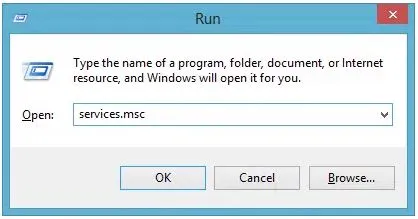
- Now, from the given list of services, you must go with the QuickBooksDBXX and verify that the Startup type is set as Automatic.
- Moreover, you also have to go through the Service Status and check that it is Running or Started.
- Afterwards, choose the Recovery tab and verify that you have restarted the following services like First Failure, Second Failure, and Subsequent Failures.
- Once you have made the necessary changes, you must hit the OK button to save them.
- Ultimately, you have to perform the same process for the QBCFMonitorService.
Troubleshooting Solution 6- Add the Server Into the Windows Host File
- In the first place, you must launch Notepad using the proper admin rights on your device. For this, right-click on Notepad and choose the Run As Administrator option.
- Afterwards, navigate to the File menu > Open and go to the location of the host file. You will mainly get the file in the following location “C: >> Windows >> System32 >> Drivers >> etc >> Directory.
- In the next step, open the dialog box, change the file type to All Files (.), and hit the hosts file followed by Open.
- Next, in the end of the file name, you must include a new line and add the server’s IP address along with the server name.
- Note: You are supposed to replace the IP address and the server name with the appropriate values for the server.
- Once you are done making the necessary changes, save the file and shut down the Notepad.
- In the end, launch the QuickBooks and then try to access your data file in QuickBooks again.
Taking Everything into Account..!
Rectifying QuickBooks errors can be easy when you know about the basic troubleshooting solutions. Hopefully, this well-informed blog has helped you learn about the QuickBooks error H101 and its fundamental troubleshooting strategies. In case you have any queries or want to know more from professionals, connect with us. Our QuickBooks technicians are there to help you at 1-844-266-9345.

